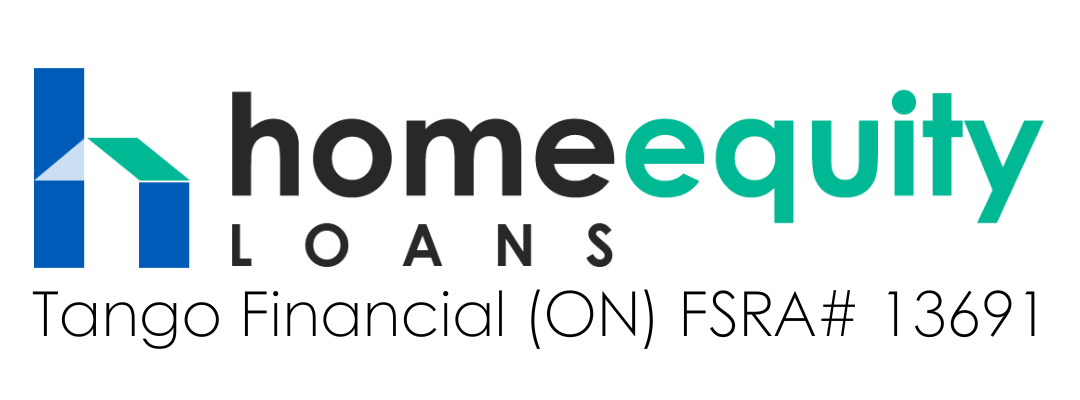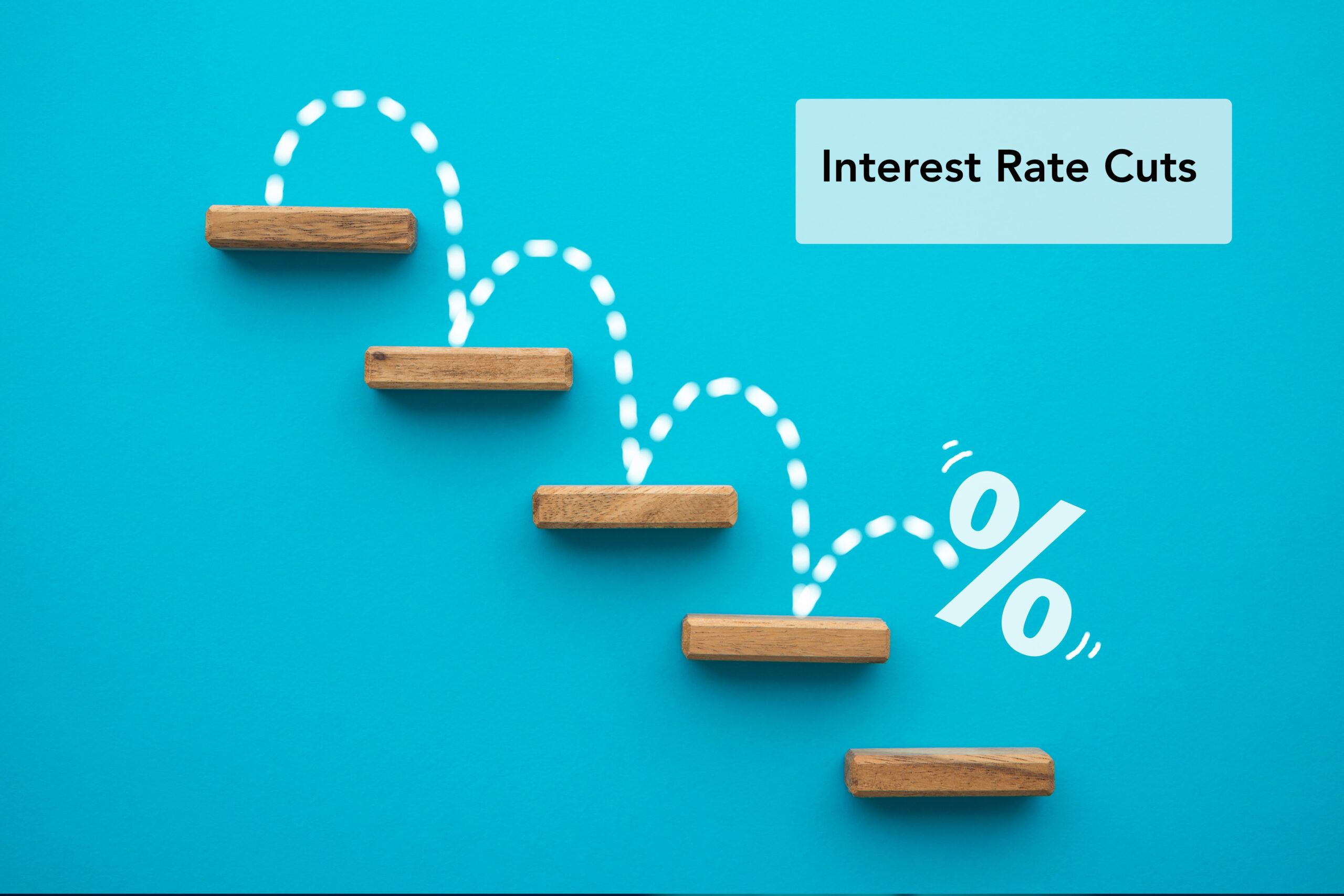A home is a significant asset for Canadian families, with strong potential for growth if adequately protected. Safeguards for your investment are essential to avoid foreclosure or power of sale. Understanding the difference between Home Equity Loans and HELOCs (Home Equity Lines of Credit) can help you make the best use of your home’s equity.
Canadian households have unfortunately embraced HELOC debt anew, with the outstanding balance rising to a staggering $167 Billion. It means Canadians are comfortable using HELOCs once again after a brief slowdown. In this blog, we’ll talk about the differences between Home Equity Loans and HELOCs.
What is a Home Equity Loan?
A home equity loan uses the same property as collateral as the primary mortgage. To obtain the funds, you will need to go through the application and qualification process for a home equity loan as you would with any other mortgage.
Once approved, you will receive a one-time sum and a fixed or variable interest rate to be paid over an agreed period. You must, however, keep up with payments on both payments.
Home Equity Loan Requirements
Obtaining a home equity loan can take time and effort. Lenders will inspect your financial stability before deciding if you are eligible for approval.
When evaluating your application, lenders will typically consider the following factors:
A credit score of 680 or higher can qualify you for a loan if all other equity conditions are met. Though, many lenders prefer to see scores of at least 700 and up. Even those in the 621-679 range may be accepted!
Sufficient Income
While there are no exact income qualifications to qualify for a home equity product, most lenders will review your earnings to guarantee you can pay off the loan. Your salary also helps determine how much of a loan you’ll qualify for.
Reliable Payment History
Lenders must responsibly examine potential borrowers’ payment history before making loan decisions to ensure they’re not taking on too much risk. This is the most imperative way for them to ascertain that their venture doesn’t end up costing them more than it’s worth.
Debt Income Ratio
The demands for the DTI qualification ratio vary per lender. Some financiers expect your monthly obligations to be at most 36% of your total gross income, while others are prepared to stretch that number up to 43% or even 50%.
Home Equity
Most lenders will require you to pay off at least 15 – 20% of your home’s total value to be approved for a Home Equity Loan. During the application process, an appraisal is conducted to determine the property’s market value, which may come with associated fees.
As eligibility for Home Equity Loans can differ from lender to lender, you should contact lenders directly to know their specific requirements. These guidelines should serve as a general reference point only.
Cons
- Although a few of Canada’s leading banks offer home equity loans, not all do.
- Compared to traditional mortgages, they have higher interest rates.
- Using your home as collateral might put you at risk of foreclosure if repayment is impossible.

What is HELOC (Home Equity Lines of Credit)?
A HELOC, though secured with your home, operates differently from a home equity loan. When using this type of financing, you make one application for an open line of credit and can borrow up to the assigned limit when necessary. You only pay interest on what has been borrowed.
As is usual with a HELOC, it will remain open for an established period; typically, this would be ten years. Afterwards when the draw period is concluded, you start making fixed monthly payments to amortize your loan over 20 years.
HELOCs Requirements
Qualifying and being authorized for a home equity line of credit is necessary only once. After approval, you have the freedom to access your HELOC whenever desired. In this case, you’ll need the following:
Equity in Your Home
To qualify for a HELOC, homeowners need to have a certain amount of home equity. The value of the home minus any outstanding mortgages or liens usually determines this.
Creditworthiness
Lenders will also look at the borrower’s credit history and credit score to determine their creditworthiness. A good credit score and history will increase the chances of approval and better terms for the loan.
Income and Employment
The lender will also consider the borrower’s income and employment status when evaluating the application. The borrower should have a stable job or income source and must have proof of income.
Remember that the requirements for a HELOC may differ from one lender to another, although these are just general recommendations. To be safe, it is always advised to contact your preferred lending institution and inquire about their unique criteria.
Pros & Cons of HELOCs
Here are some benefits and drawbacks to consider before applying for a HELOC (Home Equity Line of Credit).
Pros
- Convenient access to available credit
- Lower interest rates compared to other forms of credit, such as unsecured loans and credit cards
- Interest payments only on the amount borrowed
- Ability to pay back the loan at any time without penalty
- Flexibility to borrow as much as your credit limit allows
- Customizable to meet your specific borrowing needs
- Potential to consolidate debt and lower overall interest payments
Cons
- This could lead to debt and overspending.
- Changing your lender can be difficult, as not all lenders offer Home Equity Lines of Credit (HELOCs). This could mean you’ll have to settle for higher mortgage rates if you want to switch.
- Paying off debt takes considerable discipline since you only must pay monthly interest.
Home Equity Loan Vs. HELOC: The Key Differences
One of the key benefits of a HELOC is its flexibility to borrow only the funds you require. Unlike a home equity loan, which provides an entire payout at a single time, a HELOC allows you to withdraw funds when needed. This feature can be handy when using funds in various amounts over a period.
For instance, a HELOC can be a more efficient option if you’re using your home’s equity to finance a renovation project. Unlike a loan, you can withdraw money as the project progresses. This way, you can avoid over-budgeting and underfunding, ensuring you have enough money to complete the project as planned.
Which One Is Better for You?
Choosing which one is better, it is essential to consider your needs. A home equity loan is best suited for those who require a one-time lump sum of cash. On the other hand, a HELOC provides access to funds over an extended period, making it more suitable for ongoing projects or expenses.
Ultimately, it’s essential to consider your current and future financial needs and the terms of each loan option before making a decision. If you’re looking for a hefty chunk of money right away, taking out a home equity loan could be the right choice.
Still, a HELOC can provide you with flexibility and the ability to access funds when needed, making it the more cost-effective option. It is always recommended to consult a financial professional to help determine which product is right for you and your unique situation.
Unlock Financial Stability with our Professional Mortgage Brokers!
At Home Equity Loans, our Mortgage Brokers, you can get access to the funds you need quickly and securely. Our experienced team of mortgage specialists will help you choose the better solution for your financial goals, so you can get the cash you need to make your dreams a reality.




